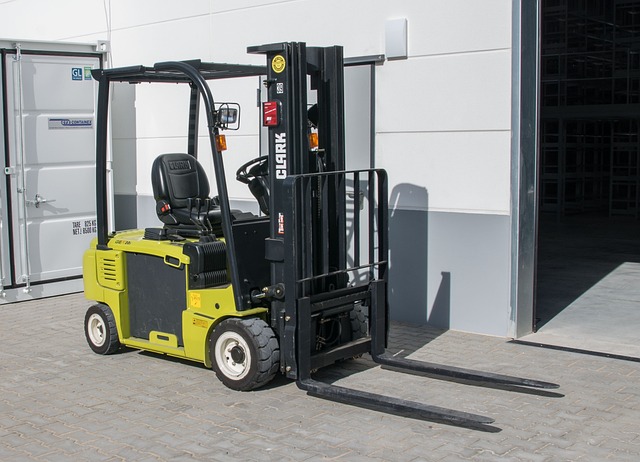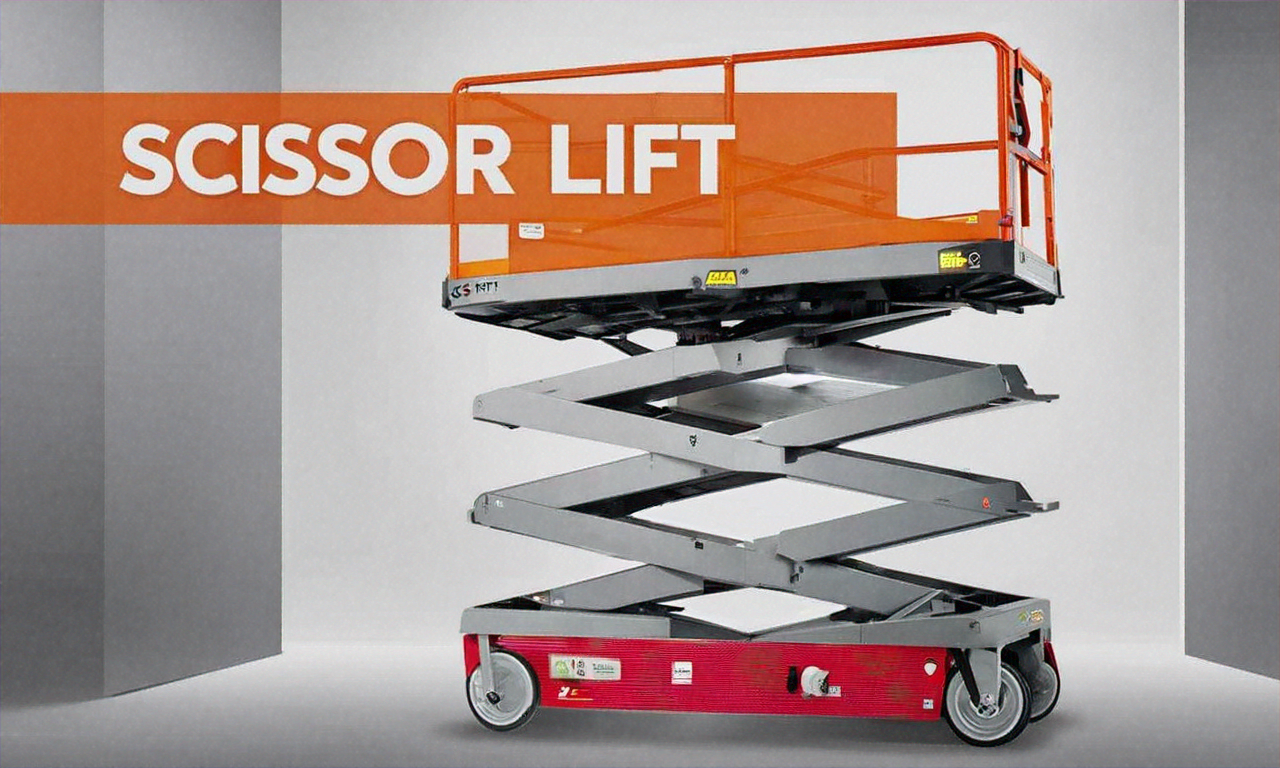Explore helpful tips on small trailers for daily use
Small trailers offer practical solutions for everyday transportation needs, from hauling garden supplies to moving furniture. With various designs and features available, choosing the right trailer can significantly enhance your daily activities. Understanding the key considerations and features of small trailers helps maximize their utility while ensuring they meet your specific requirements.

Small trailers represent an incredibly versatile addition to any household, providing convenient transportation solutions for a wide range of daily activities. Whether you need to transport gardening supplies, move furniture, or carry recreational equipment, the right small trailer can make these tasks significantly easier. This article explores essential considerations and practical advice for selecting and utilizing small trailers effectively in your day-to-day life.
Discovering Practical Small Trailer Designs
Small trailers come in numerous designs, each suited to specific purposes. Utility trailers feature open beds with low sides, making them perfect for bulky items like furniture or landscaping materials. Enclosed trailers offer weather protection and security for valuable cargo, while specialized designs like motorcycle trailers or small boat trailers cater to specific recreational needs.
For everyday use, multi-purpose trailers with removable sides offer excellent flexibility. These adaptable designs allow for quick conversion between flatbed and enclosed configurations, accommodating diverse hauling requirements throughout the week. Lightweight aluminum models provide durability while remaining easy to maneuver, making them particularly suitable for regular use by individuals without specialized towing experience.
Understanding Essential Features for Daily Usability
When selecting a trailer for daily use, several key features significantly impact functionality. Weight capacity ranks among the most critical considerations—most small trailers range from 1,000 to 3,000 pounds in carrying capacity. For everyday household tasks, a 1,500-pound capacity typically suffices while remaining towable by standard vehicles.
Suspension quality directly affects both cargo protection and towing experience. Leaf spring suspensions offer durability and cost-effectiveness, while torsion axles provide smoother rides that better protect fragile items. Flooring materials also warrant consideration—pressure-treated wood offers affordability but requires maintenance, while aluminum or steel floors provide greater longevity despite higher initial costs.
Additional practical features include properly positioned tie-down points for securing loads, quality lighting systems for visibility during early morning or evening use, and weather-resistant wiring that withstands frequent exposure to the elements. These seemingly minor details significantly enhance daily functionality and safety.
Effective Transportation Tips for Small Trailers
Proper weight distribution stands as the cornerstone of safe trailer transportation. Always position approximately 60% of the cargo weight forward of the trailer axle to prevent dangerous swaying. Secure all items thoroughly using appropriate straps or bungee cords, even for short trips, as sudden stops can cause unsecured items to shift dangerously.
Regular maintenance proves essential for trailers used daily. Inspect tires before each use, checking both pressure and tread condition. Wheel bearings require periodic greasing to prevent overheating, while lights and electrical connections need frequent inspection due to vibration-induced wear. Establishing a monthly maintenance schedule helps prevent inconvenient breakdowns during critical tasks.
When parking, always use wheel chocks even on seemingly level surfaces. For longer-term storage between uses, consider elevating the tongue with a stand to prevent water accumulation and reduce tire wear. These simple habits significantly extend trailer lifespan while enhancing safety during operation.
Choosing the Right Trailer for Your Specific Needs
Selecting the appropriate trailer begins with honestly assessing your regular transportation requirements. Consider not only the dimensions of typical items you’ll transport but also their weight and frequency of use. Measure your largest regular cargo and add 15-20% to those dimensions when selecting trailer size to accommodate occasional larger items.
Your towing vehicle’s capacity represents another crucial factor. Small SUVs typically handle trailers up to 1,500 pounds, while mid-sized trucks can manage 3,000-5,000 pounds. Always verify your specific vehicle’s towing capacity in the owner’s manual rather than relying on general guidelines.
Budget considerations should include not only purchase price but also ongoing maintenance costs. While less expensive trailers may seem attractive initially, their higher maintenance requirements often result in greater long-term expenses. Quality hitches, proper wiring, and durable materials justify their higher upfront costs through extended service life and enhanced safety.
Maximizing Trailer Versatility and Convenience
Aftermarket accessories significantly enhance trailer functionality for daily use. Cargo nets, adjustable tie-down tracks, and wheel chocks represent relatively inexpensive additions that dramatically improve usability. For those frequently transporting tools or equipment, custom storage solutions like side-mounted toolboxes maximize available space while improving organization.
Multi-level racks allow for transporting items of varying heights simultaneously, while removable side extensions increase capacity for bulky but lightweight loads like garden waste or moving boxes. Trailer jacks with wheels facilitate easy repositioning when disconnected from vehicles, particularly valuable in space-constrained urban environments.
For those using trailers in multiple contexts, quick-change coupler systems allow for rapid switching between different trailer types without tools. Meanwhile, dual-purpose trailers designed for both utility and recreational use offer excellent value for households with diverse transportation needs.
Common Small Trailer Options and Features Comparison
| Trailer Type | Typical Size | Weight Capacity | Best Daily Uses | Average Cost Range |
|---|---|---|---|---|
| Utility Trailer | 4’x8’ to 5’x10’ | 1,000-2,000 lbs | Gardening supplies, furniture | $800-$2,000 |
| Enclosed Cargo | 4’x6’ to 6’x12’ | 1,200-2,500 lbs | Tools, equipment, weather-sensitive items | $2,000-$4,500 |
| Folding Trailer | 4’x8’ when open | 800-1,200 lbs | Occasional use, limited storage space | $1,200-$2,200 |
| Motorcycle Trailer | 5’x8’ to 6’x10’ | 1,000-1,800 lbs | Transporting motorcycles, ATVs | $1,500-$3,000 |
| Multi-Purpose | 5’x8’ to 6’x12’ | 1,500-3,000 lbs | Various household tasks | $1,800-$3,500 |
Prices, rates, or cost estimates mentioned in this article are based on the latest available information but may change over time. Independent research is advised before making financial decisions.
Small trailers represent practical investments that simplify numerous daily activities when properly selected and maintained. By understanding your specific needs, choosing appropriate features, and implementing proper maintenance routines, you can maximize the utility of these versatile transportation tools. Whether for household tasks, recreational activities, or small business operations, the right trailer enhances productivity while reducing the physical strain associated with moving bulky or heavy items. With careful consideration of the factors discussed, you can select a trailer that provides reliable service for years to come.




